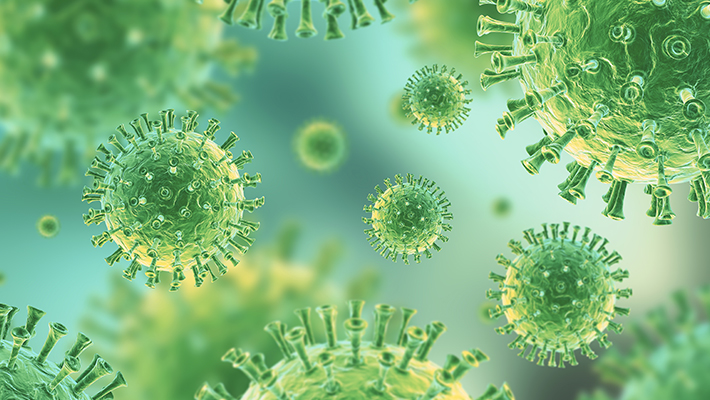As cases of the COVID-19 Delta variant continue to surge globally and in our region, broader health system challenges and disruptions are expected to persist for some time.
Last week, international journal, Preventive Health, released a special issue drawing together global epidemiological evidence on how the pandemic has interrupted cancer control. Researchers from The Daffodil Centre, including Professor Karen Canfell, Associate Professor Carolyn Nickson and Dr Megan Smith, with collaborators from the COVID-19 and Cancer Global Modelling Consortium (CCGMC), are among 140 public health researchers and scientists whose work is featured in the issue.
Two articles featuring the work of Daffodil Centre researchers are summarised below.
Cervical cancer screening services have been disrupted in many high-income countries due to the COVID-19 pandemic, leading many people to miss or delay screening or follow-up visits. To balance the risk of preventable cancers and limits on system capacity, it makes sense to prioritise those who are at the greatest risk of developing a cancer if their test is delayed – but who are they?
With collaborators in the CCGMC, the team used simulation models to investigate this question in four countries (Australia, the Netherlands, Norway, and the USA). Consistently, it was younger women (<50, and especially those in their 30s) who were at most risk of developing cervical cancer due to a delayed test, even though women in their 30s had previously been offered HPV vaccination in Australia and the USA. Women were also at higher risk if their last screening test was a Pap test, rather than an HPV test. About 15–30% of cancers predicted to result from disruptions could be prevented by maintaining diagnostic and treatment services for precancer. This provides information about the key age groups and clinical services to focus on as we recover from disruptions (and who could be the focus of campaigns), or in future planning.
The impact of the COVID-19 pandemic on breast cancer early detection and screening
For breast cancer, early detection and treatment is key to improved survival and longer-term quality of life. Throughout the COVID-19 pandemic, services that help diagnose and treat breast cancers earlier have been paused or have had reduced capacity. The resulting delays to diagnosis and treatment may lead to more intensive treatment requirements and, potentially, increased mortality. Modelled evaluations can support responses to the pandemic by estimating short- and long-term outcomes for various scenarios. In this paper, the CCGMC team present an overview of how calibrated and validated breast cancer screening models were applied in 2020 to estimate the impact of disruptions to population breast screening due to the COVID-19 pandemic, and explore options for recovery. Comparing modelling in Australia, Canada, Italy, The Netherlands and the UK, common themes included the range of assumed pauses to organised breast screening (e.g., 3, 6, 9 or 12 months) and a focus on tumour staging and mortality as outcomes. Some models reported outcomes relevant to screening program provision such as screening intervals and program sensitivity. Australian and Canadian modelling quantified the expected surge in diagnoses following screening resumption, and estimates using English and Scottish data explored the trade-off between prioritising screening resumption versus protecting symptomatic diagnostic services. This overview aims to help guide future collaborative modelling, including through groups such as the CCGMC, to help estimate best-and-worst case outcomes and thereby assist policy-makers design optimal adaptation and recovery.
About the COVID-19 and Cancer Global Modelling Consortium
The COVID-19 and Cancer Global Modelling Consortium (CCGMC) brings together the global modelling community to support decision-making in cancer control both during and after the crisis. The aim is to help to configure modelling platforms and teams that can provide more informed advice to our governments, particularly those in low- and middle-income countries, as they rise to this overwhelming health systems challenge. The CCGMC’s focus on the longer-term, as well as the shorter-term, recognises that recovery strategies will be required as countries move beyond the acute phase of the crisis.
The CCGMC is one of the three streams of work being conducted under the auspices of the COVID-19 and Cancer Taskforce, which has been established by cancer leaders in many countries.
The Daffodil Centre is the coordinating centre and one of five key partners leading the consortium with the International Agency for Research on Cancer, The International Cancer Screening Network, the Canadian Partnership Against Cancer. The consortium also has links to groups from the World Health Organization and the National Cancer Institute USA’s CISNET program who have related work programs.



